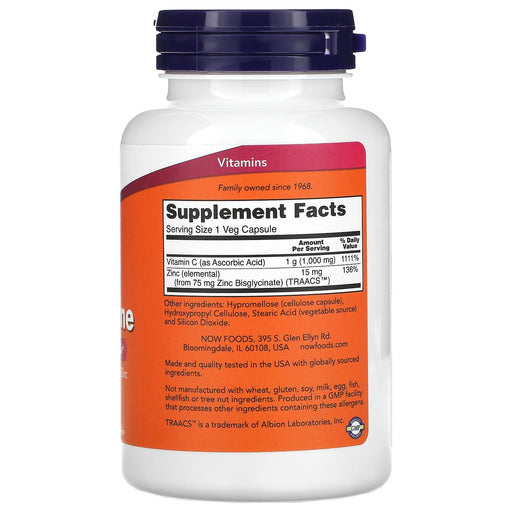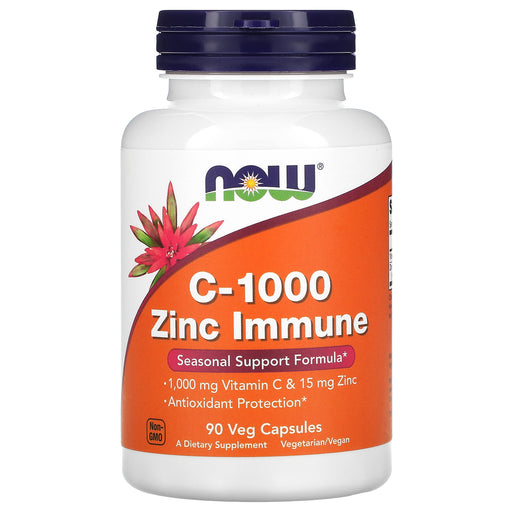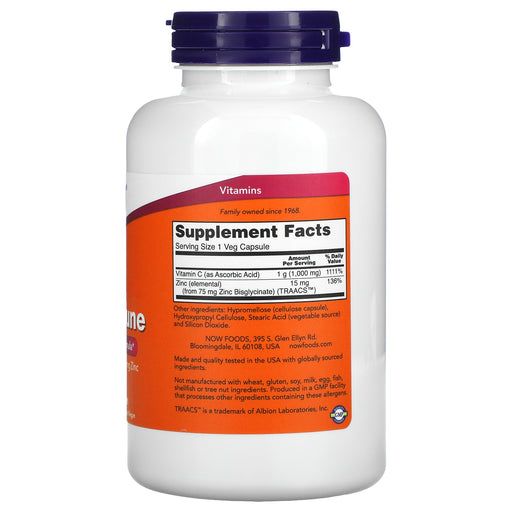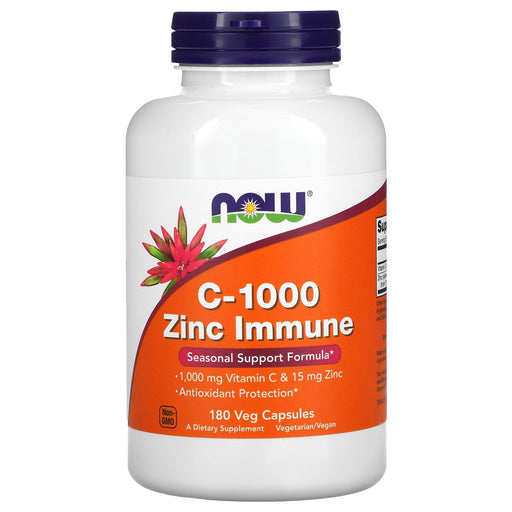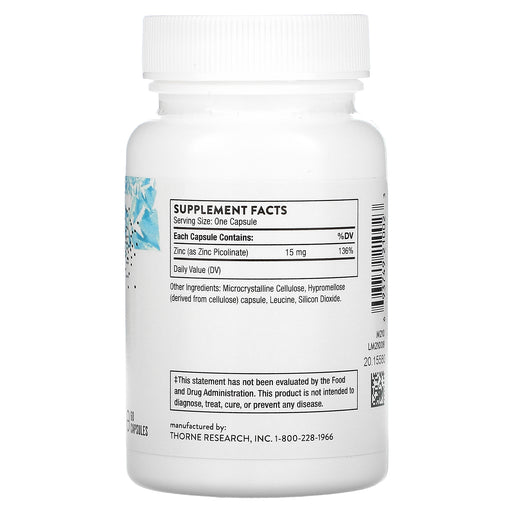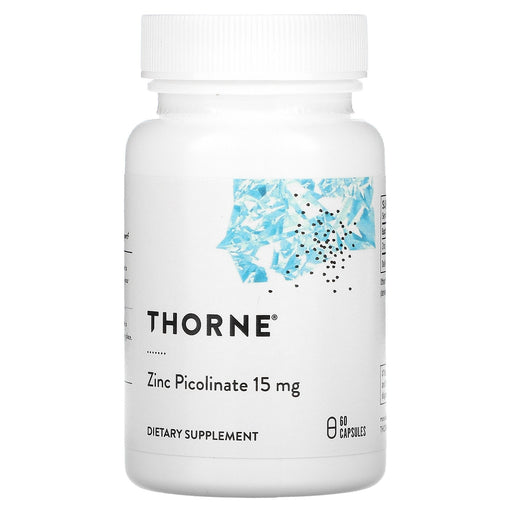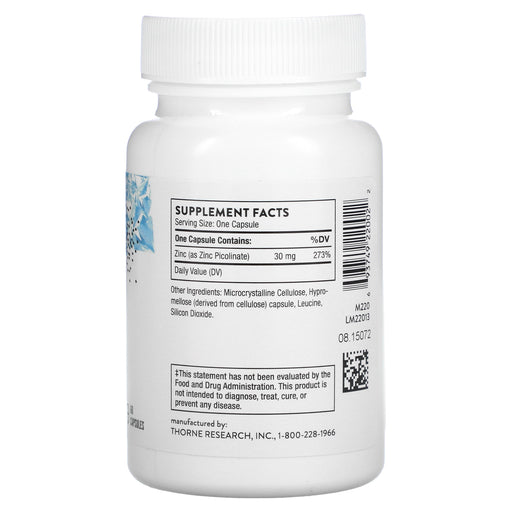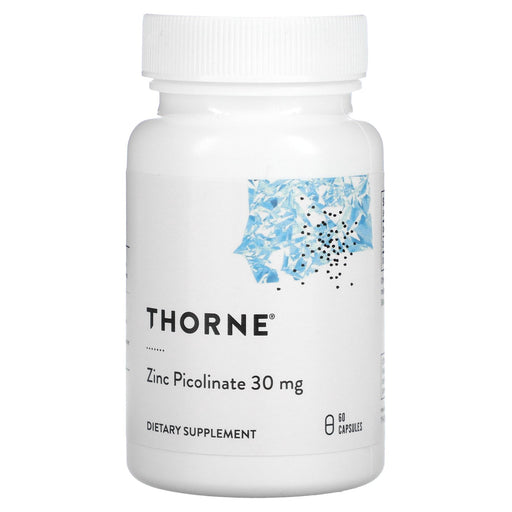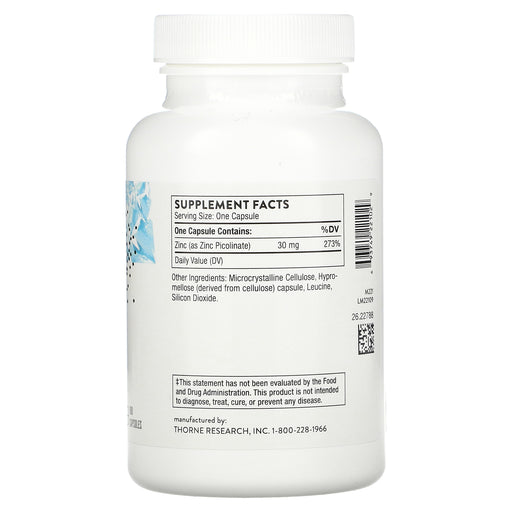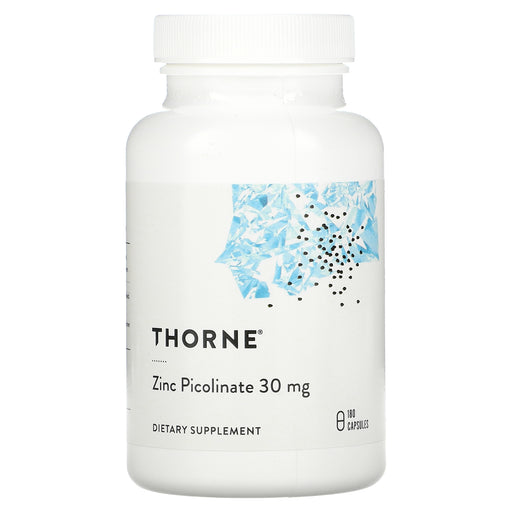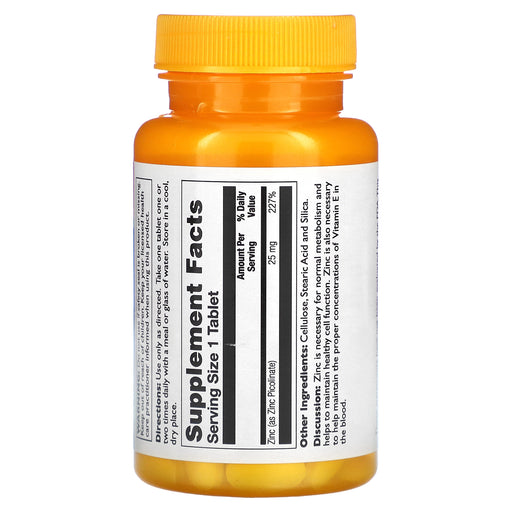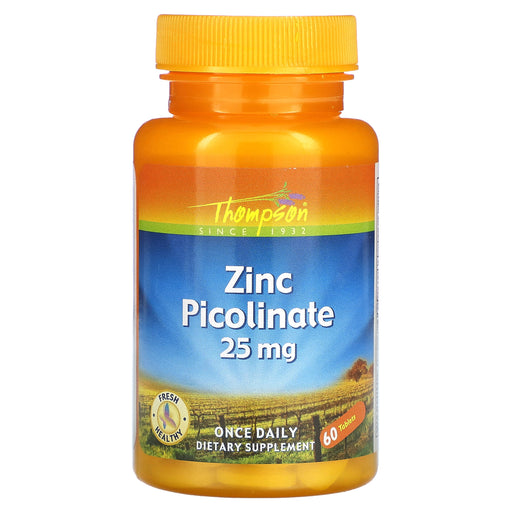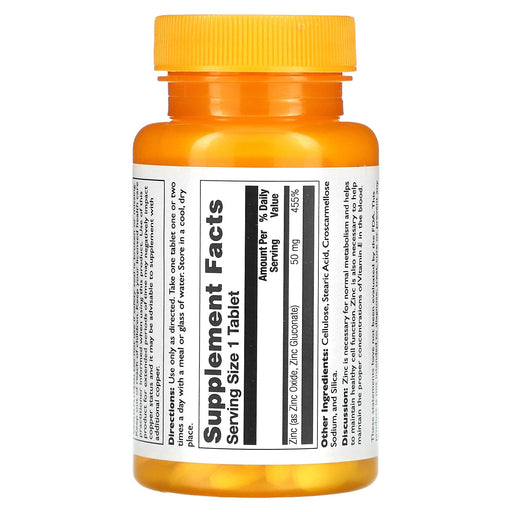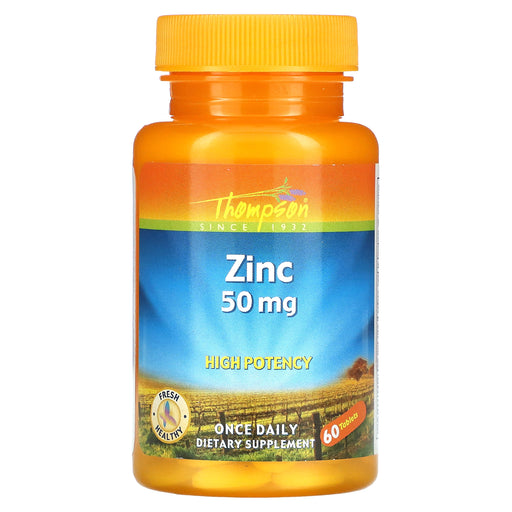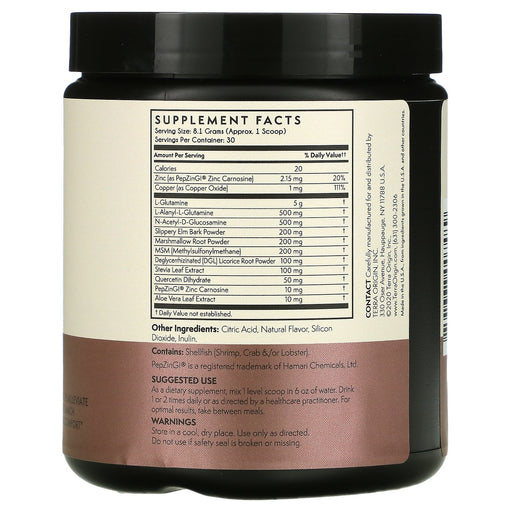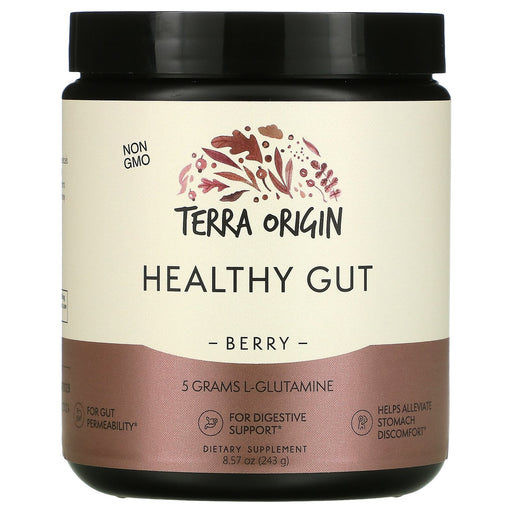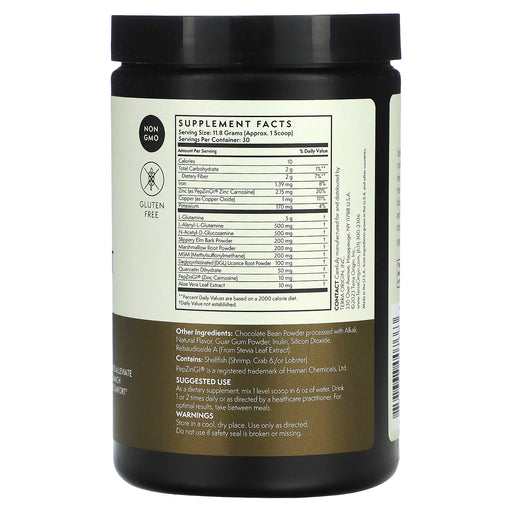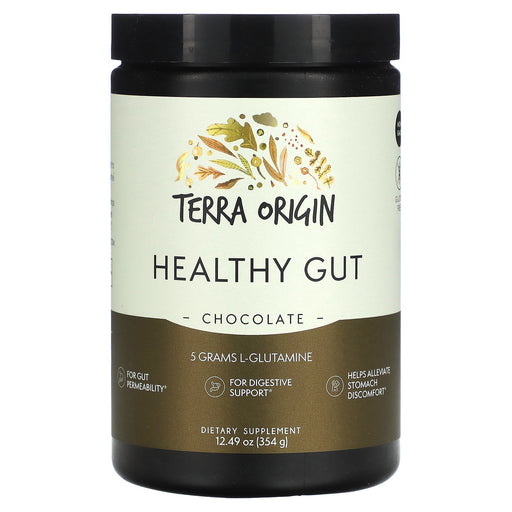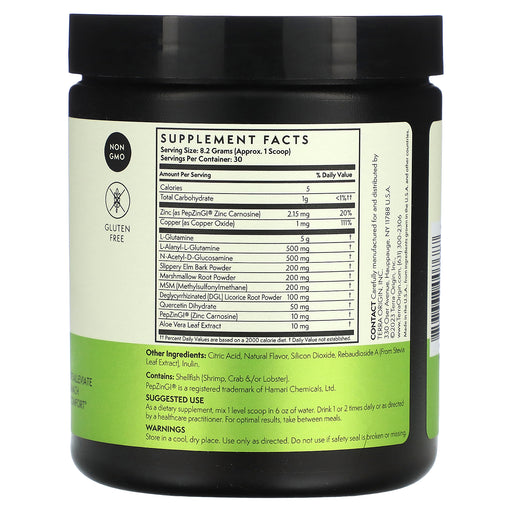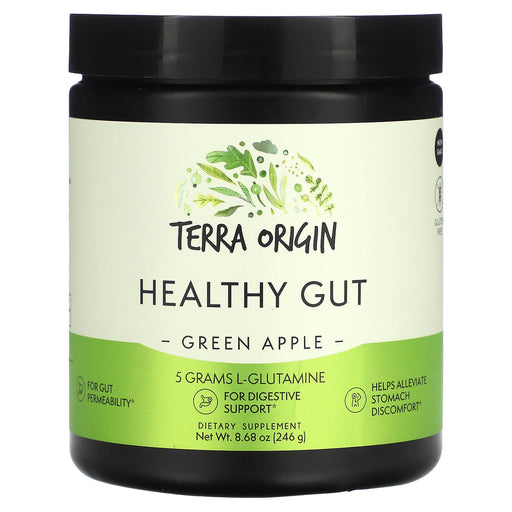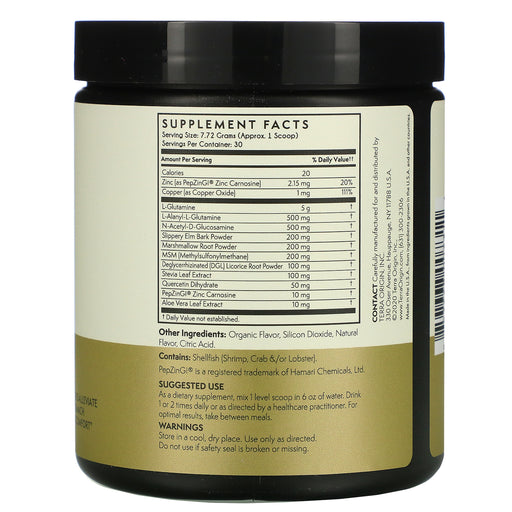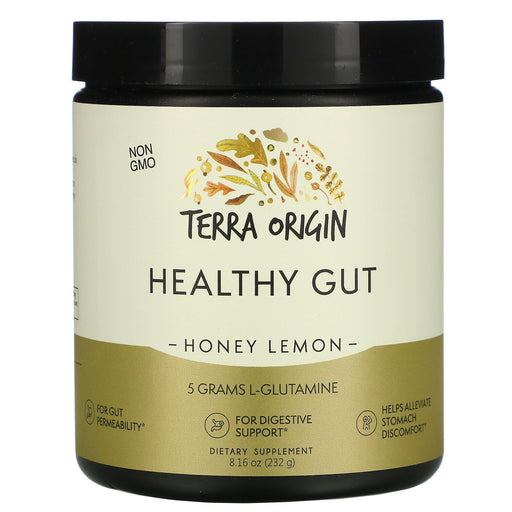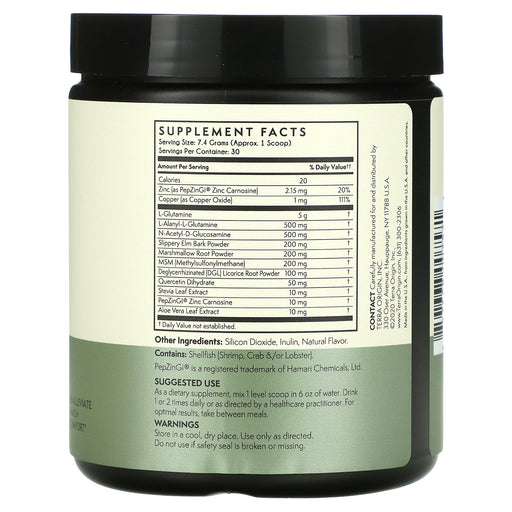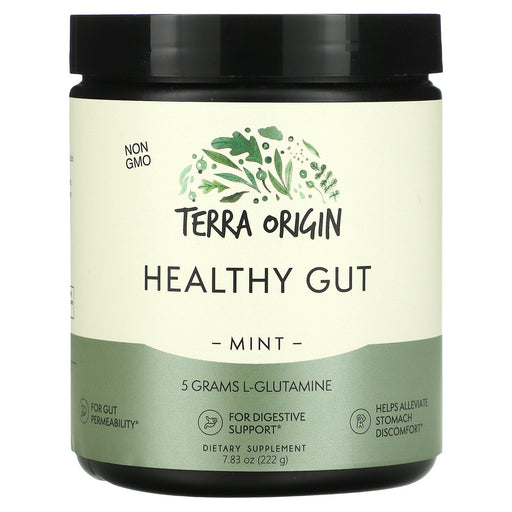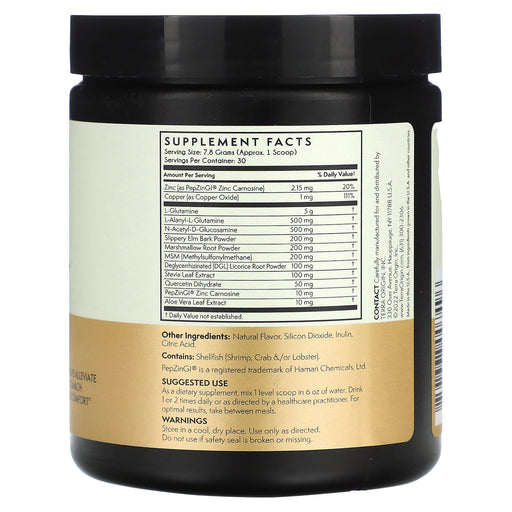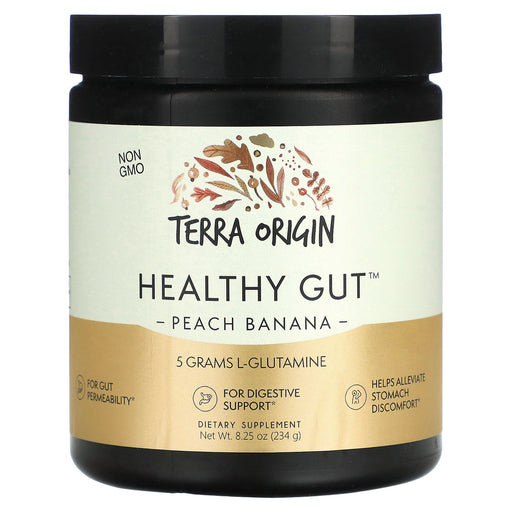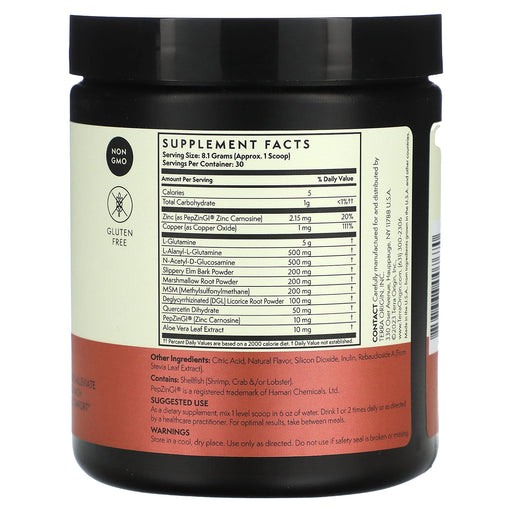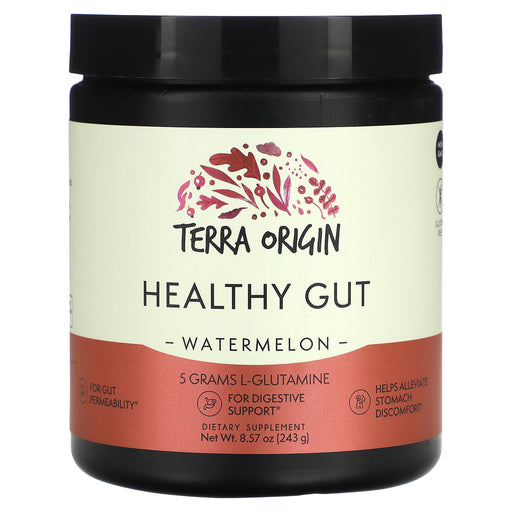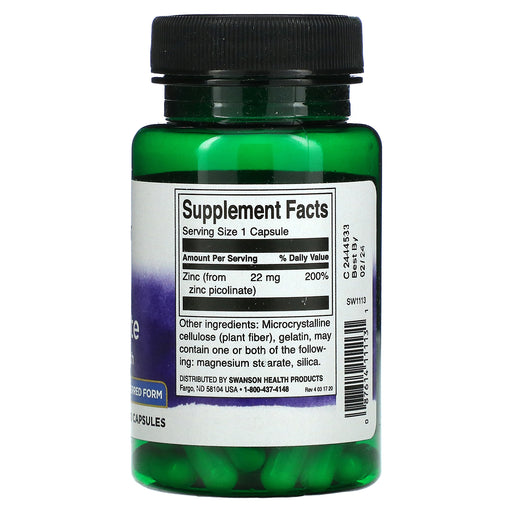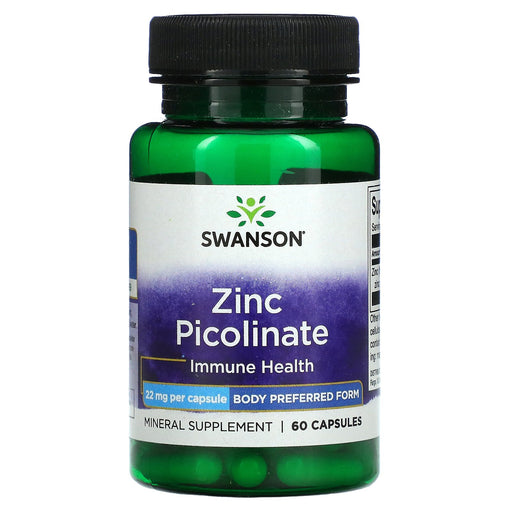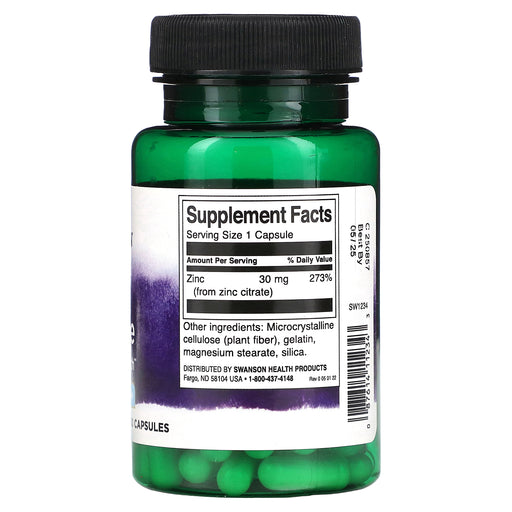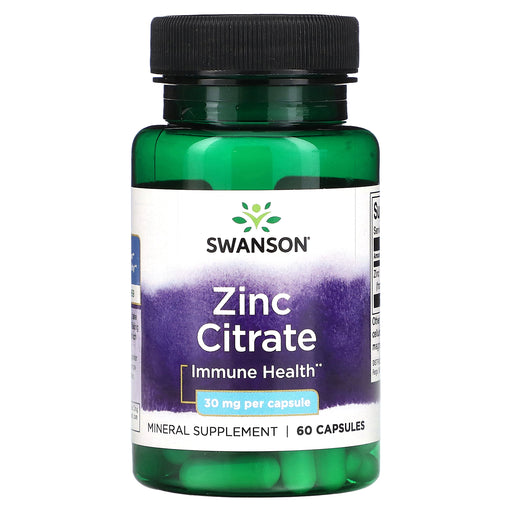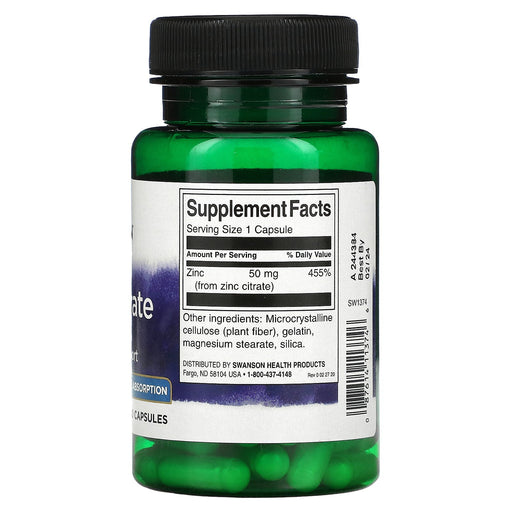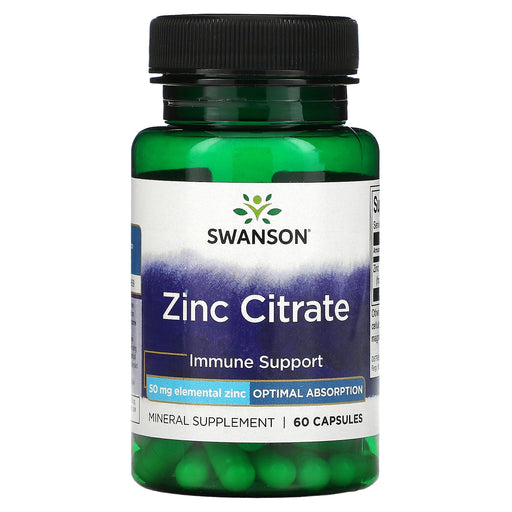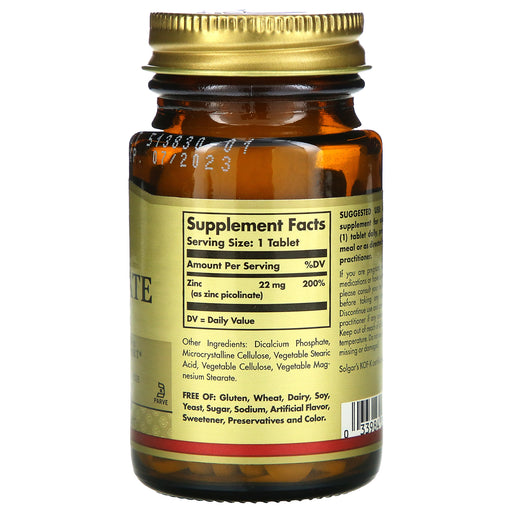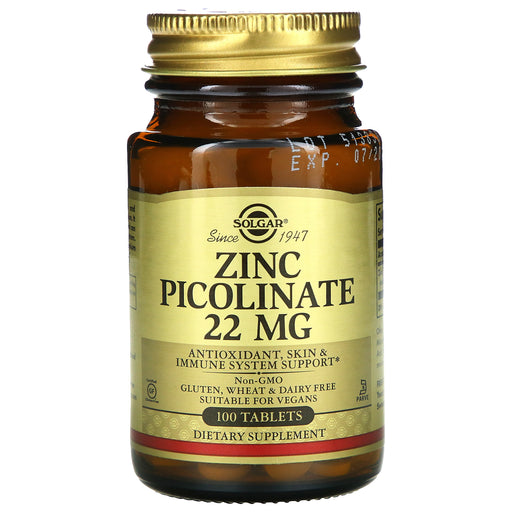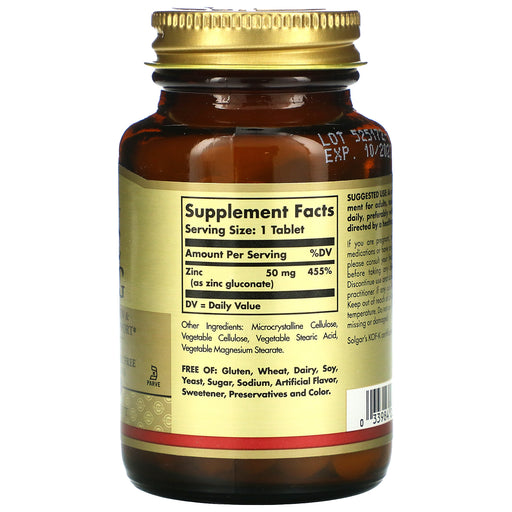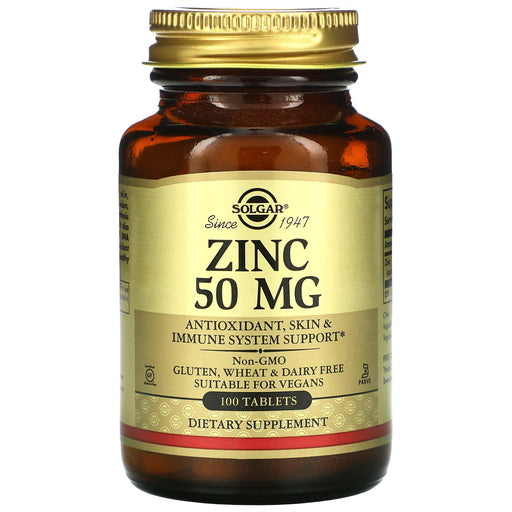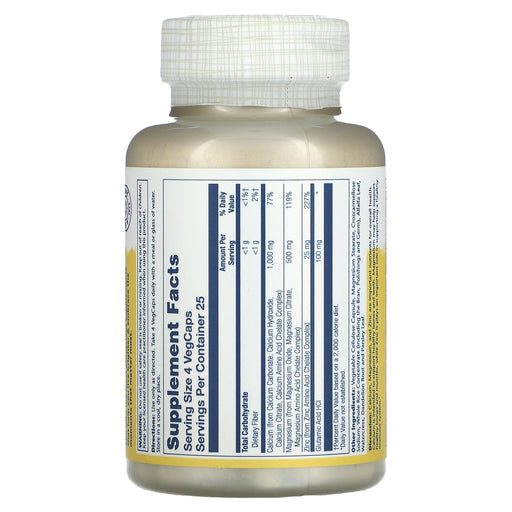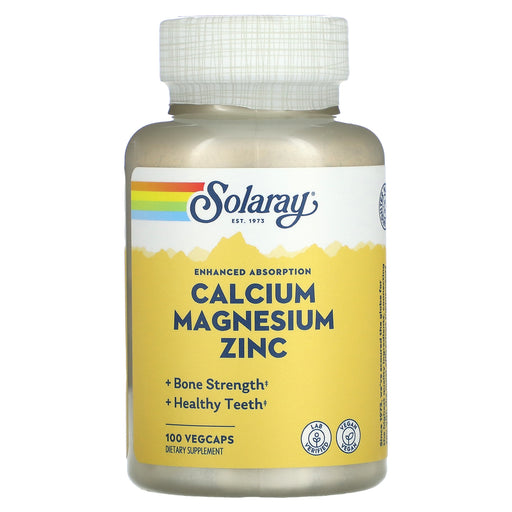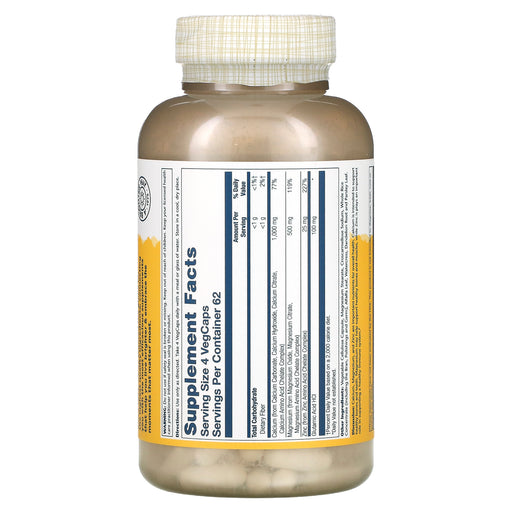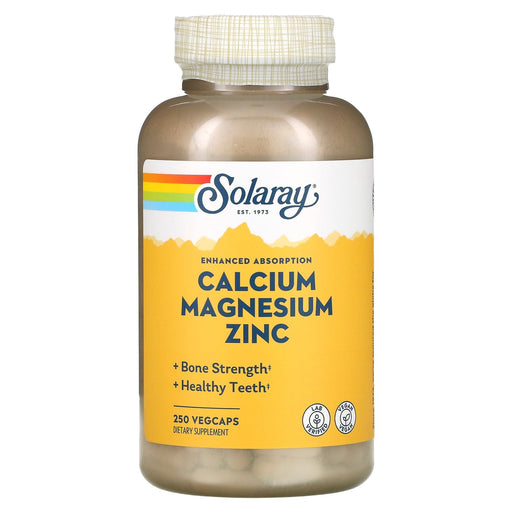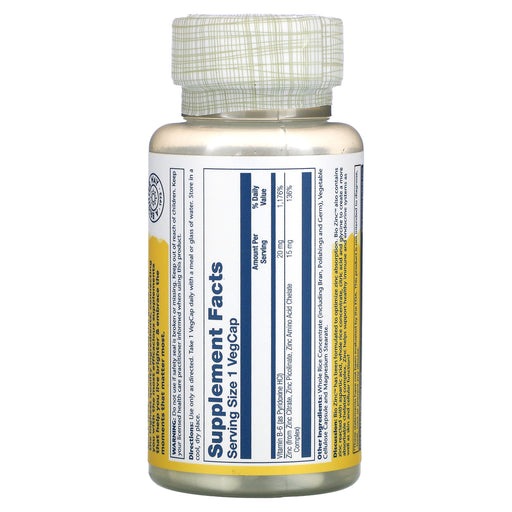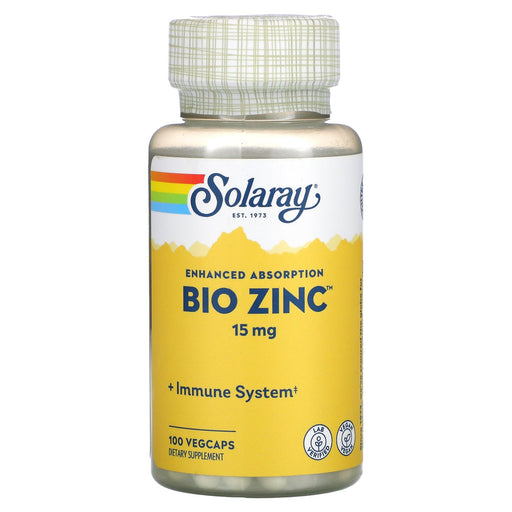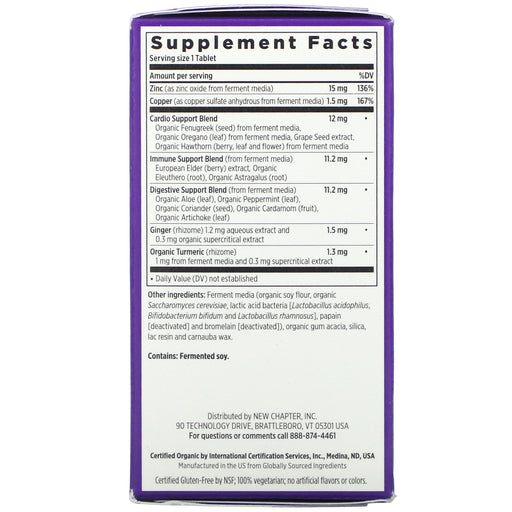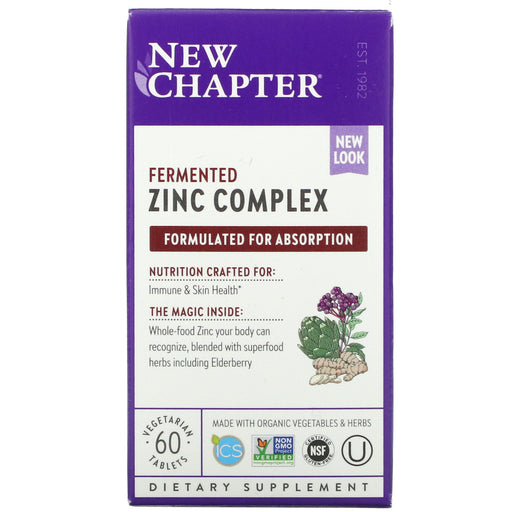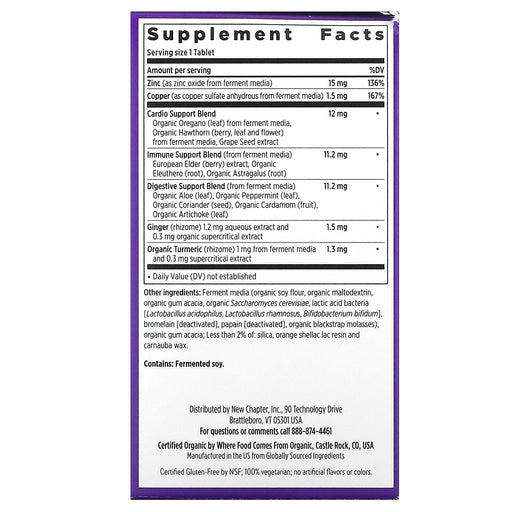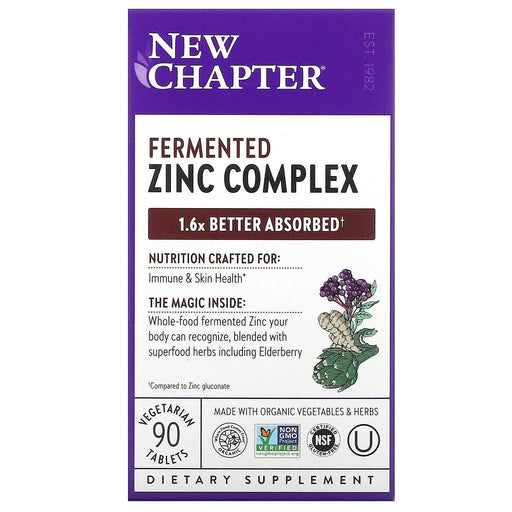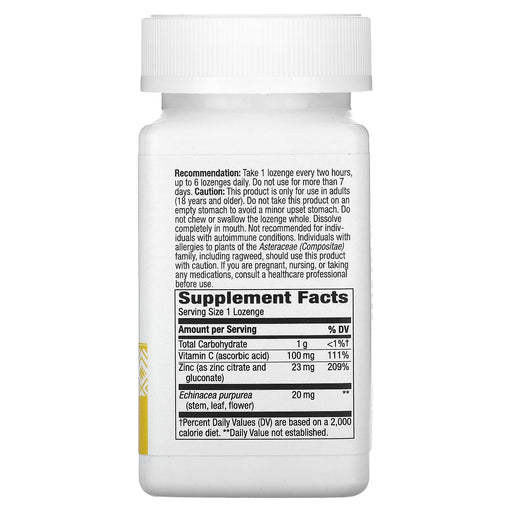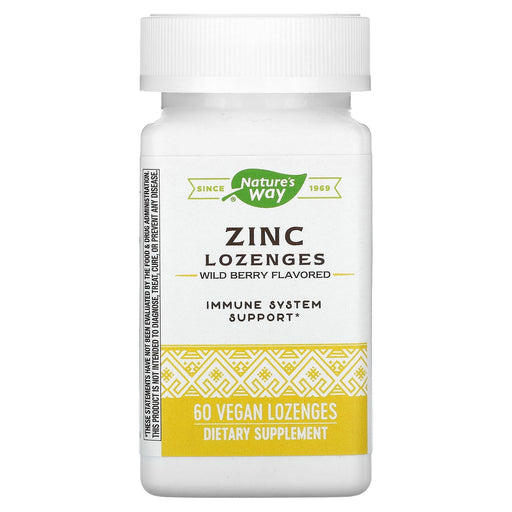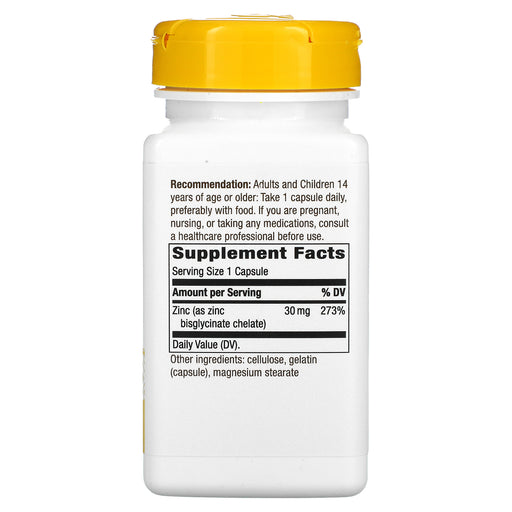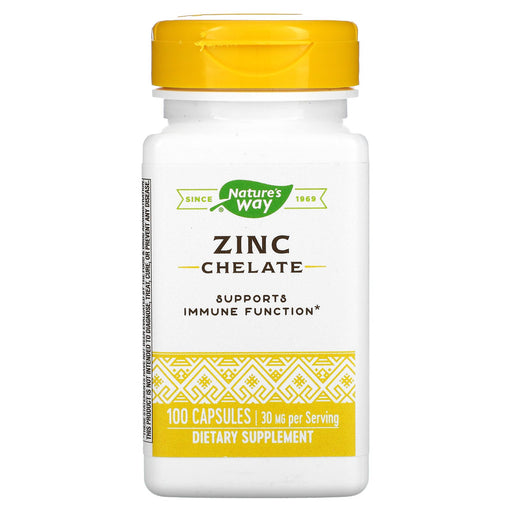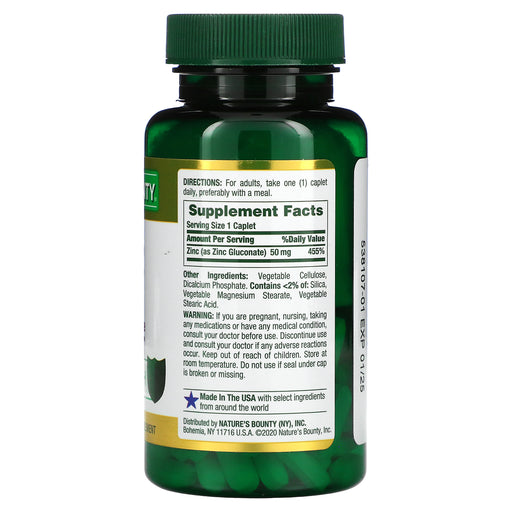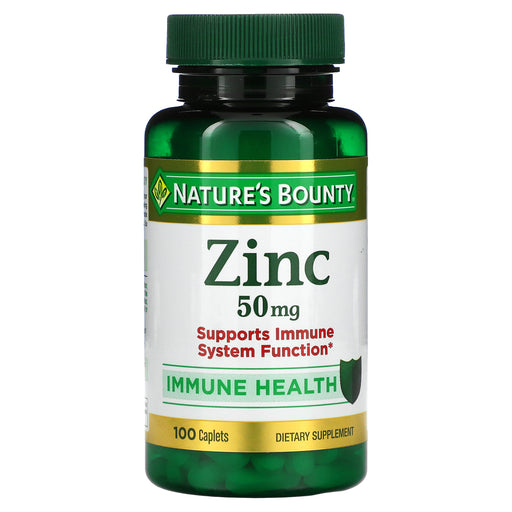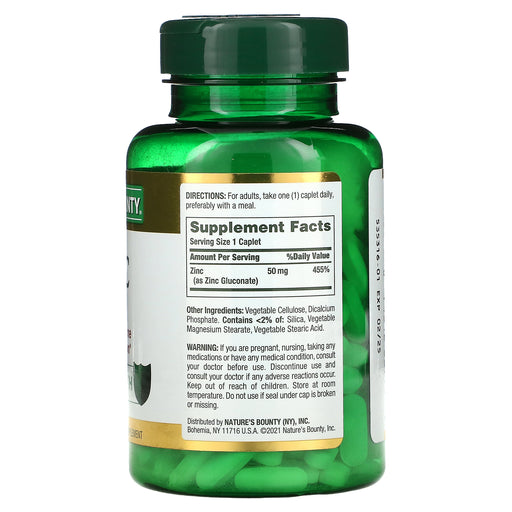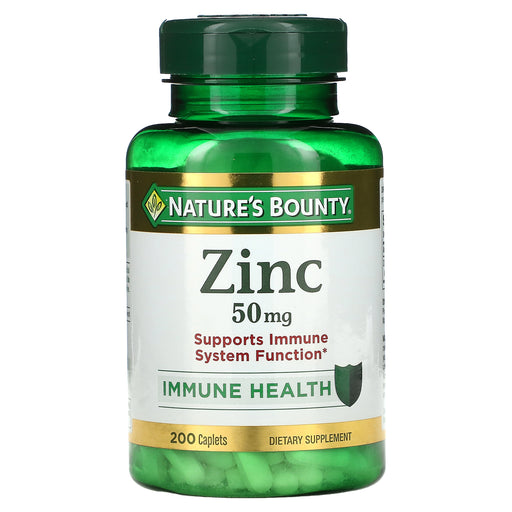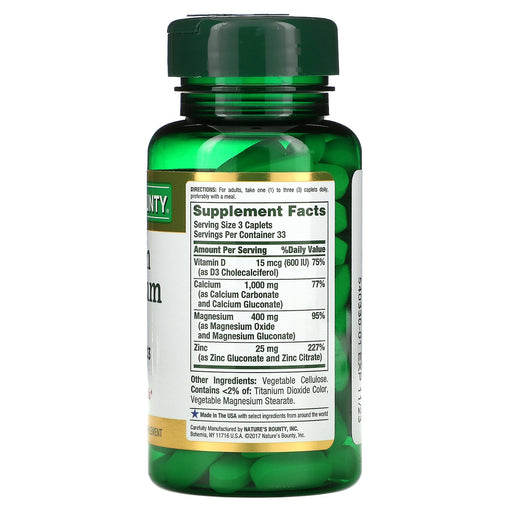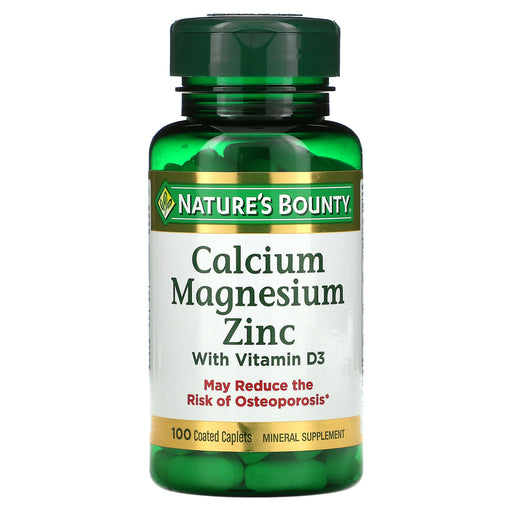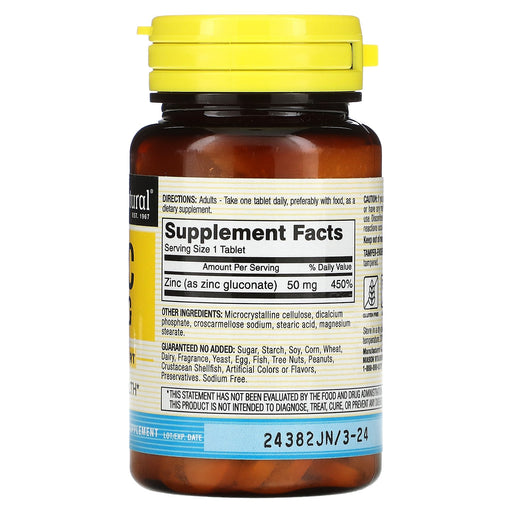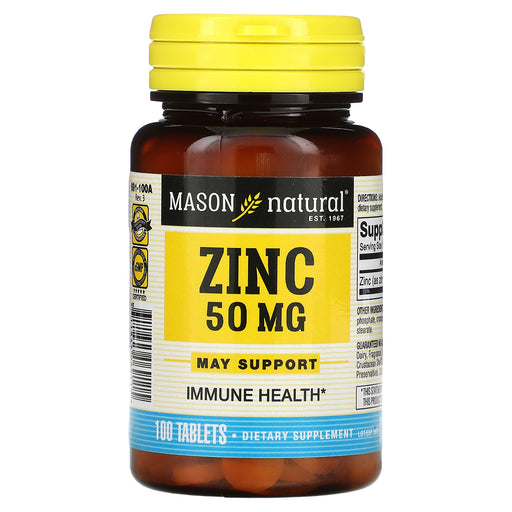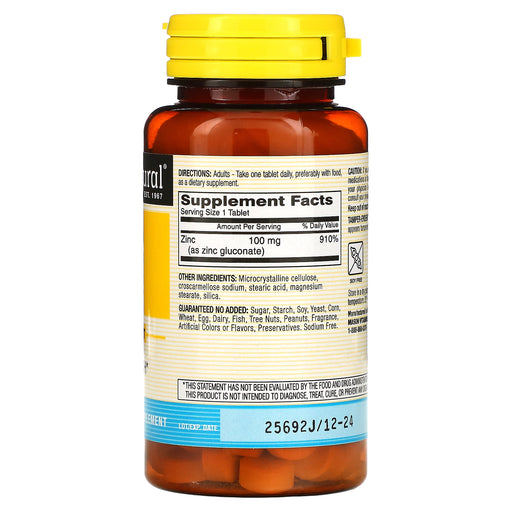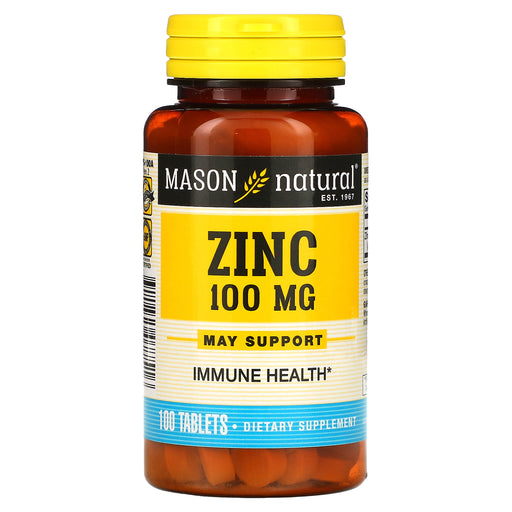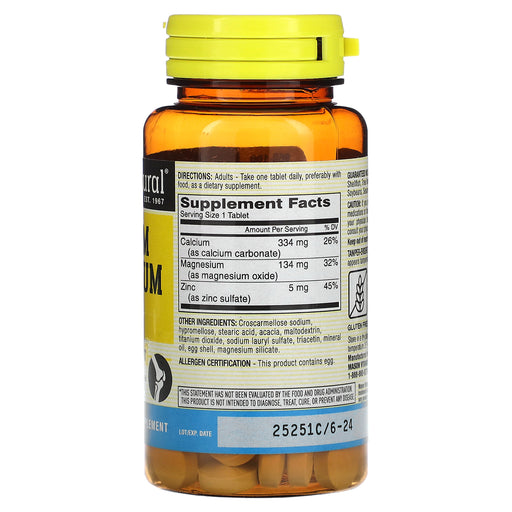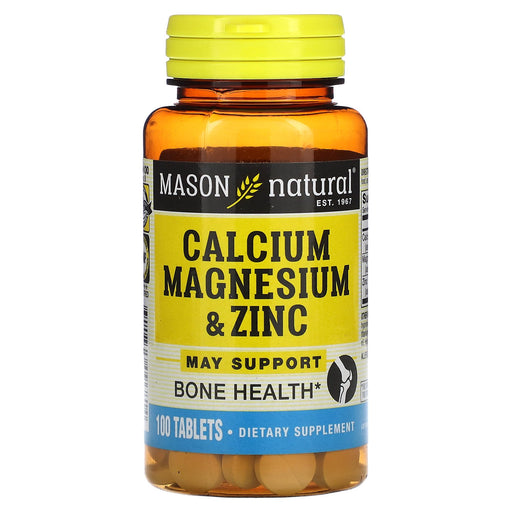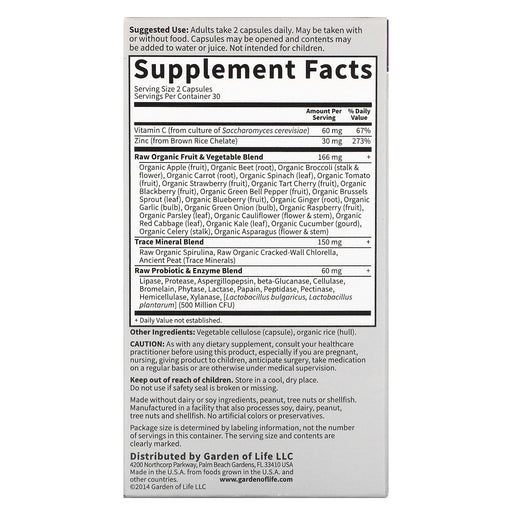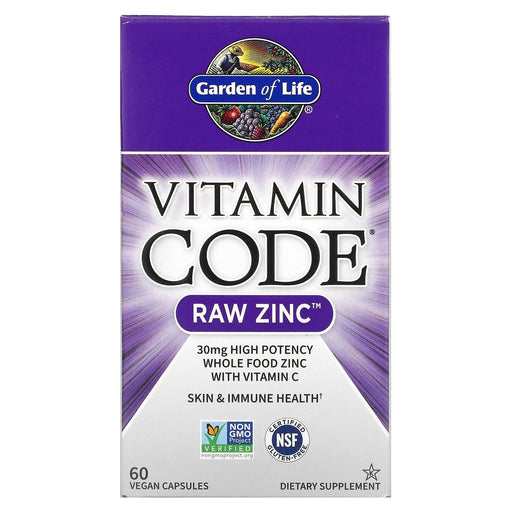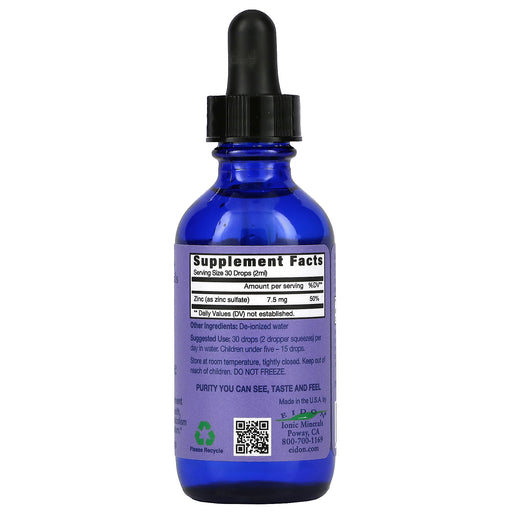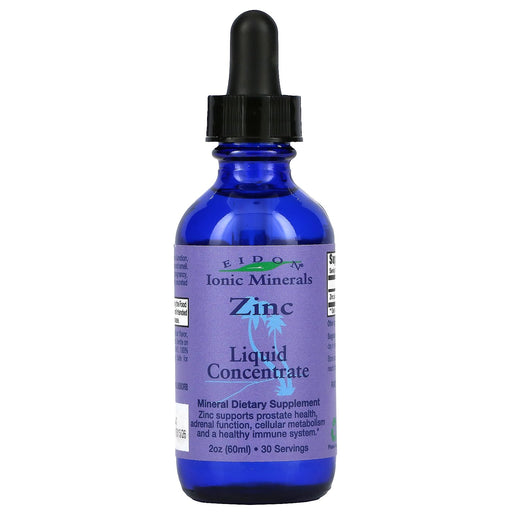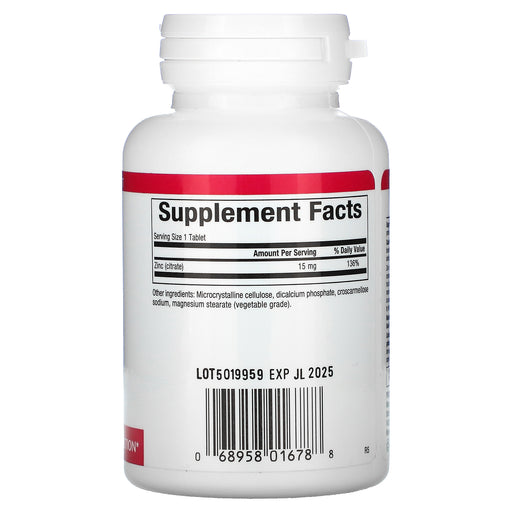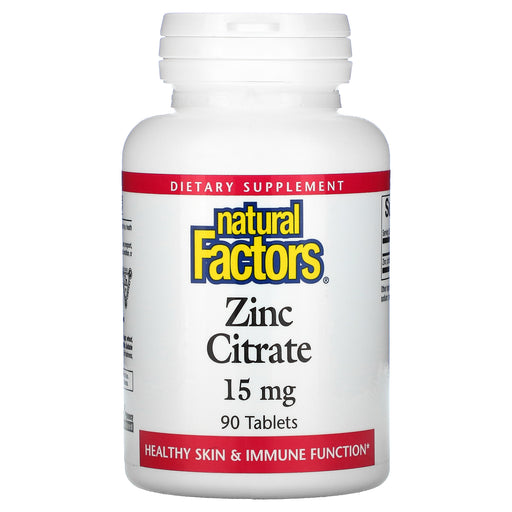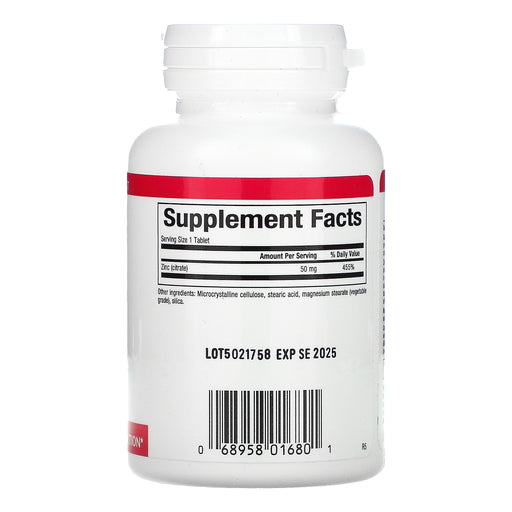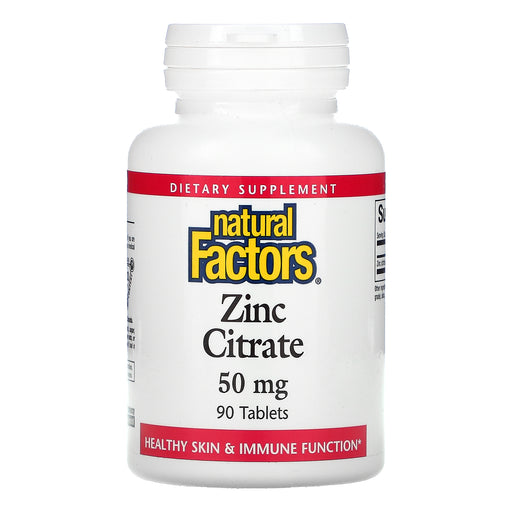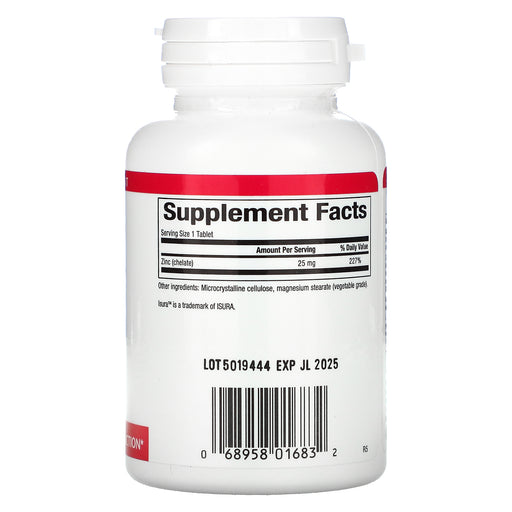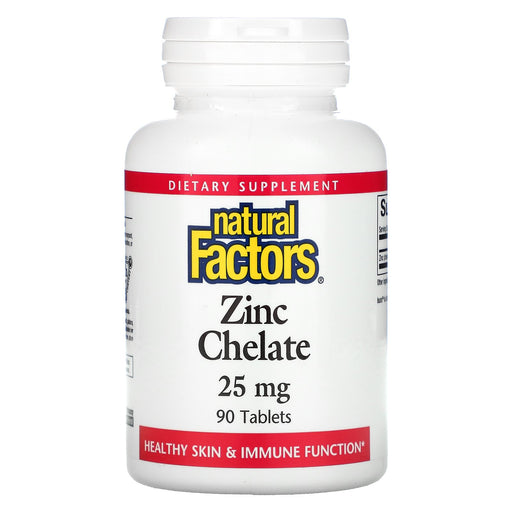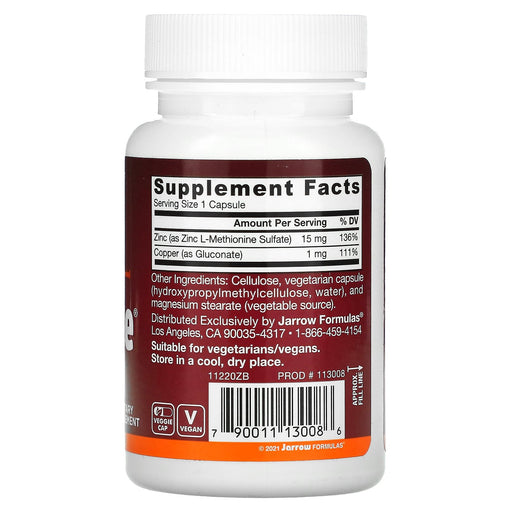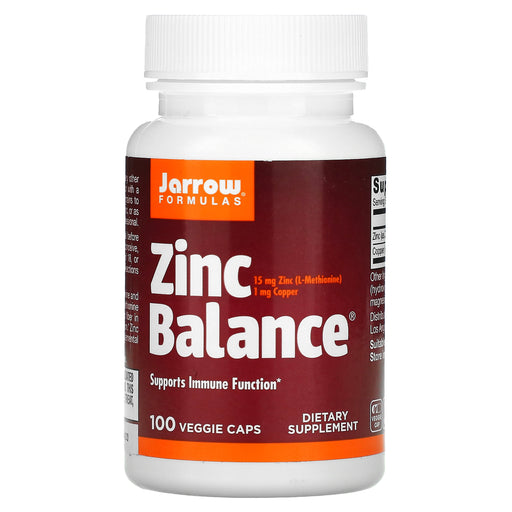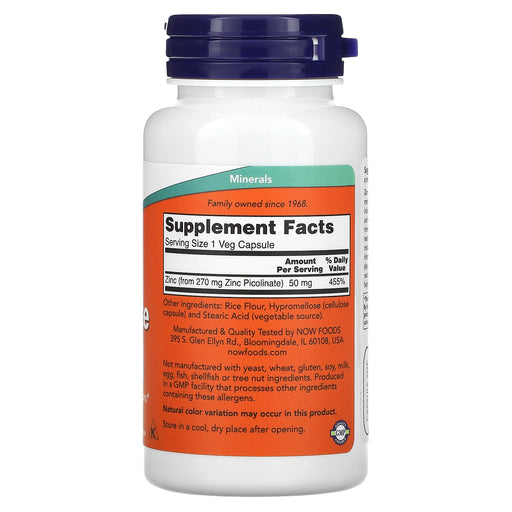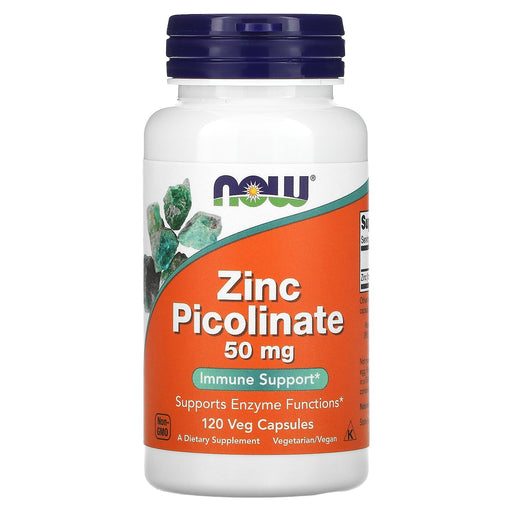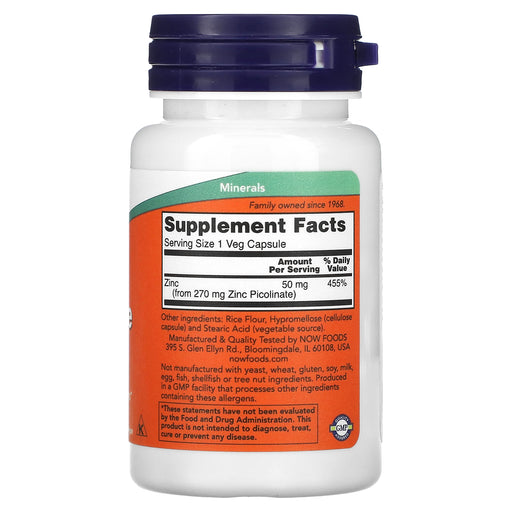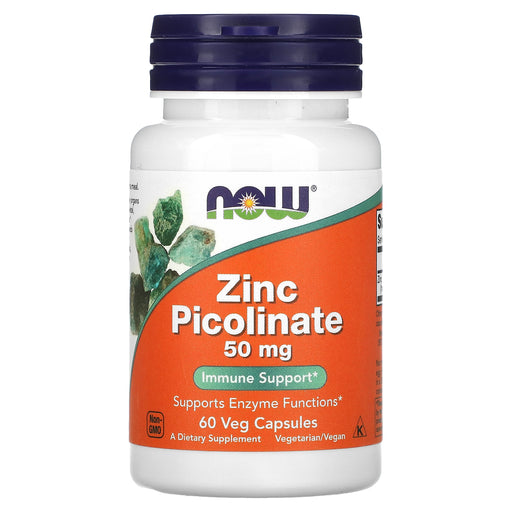
The Essential Mineral for Immune Health, Wound Healing, and More
Zinc is an essential trace mineral that plays a crucial role in numerous bodily functions, from supporting immune health and promoting wound healing to aiding in protein synthesis and enzyme function. As the body cannot store zinc, it is important to ensure an adequate daily intake through diet and supplementation.
Understanding the Importance of Zinc
Zinc is involved in a wide range of physiological processes, making it a vital nutrient for overall health and well-being. Some of the key functions of zinc include:
- Immune Function: Zinc is essential for the development and function of immune cells, helping to protect the body against infections and diseases.
- Wound Healing: Zinc plays a crucial role in collagen synthesis and cell proliferation, which are necessary for proper wound healing and tissue repair.
- Protein Synthesis: Zinc is required for the synthesis of proteins, including enzymes and hormones, which are vital for various bodily functions.
- Sensory Function: Zinc is important for maintaining healthy senses of taste and smell, as well as supporting visual health.
- Reproductive Health: Zinc is essential for male reproductive health, playing a role in testosterone production and sperm quality.
The Benefits of Zinc Supplementation
While a balanced diet that includes zinc-rich foods, such as oysters, beef, poultry, and legumes, can help meet daily zinc needs, some individuals may benefit from zinc supplementation. These include:
- Vegetarians and Vegans: Plant-based diets may be lower in bioavailable zinc, making supplementation important for ensuring adequate intake.
- Pregnant and Lactating Women: Zinc demands increase during pregnancy and lactation to support fetal development and milk production.
- Older Adults: As we age, our bodies may absorb zinc less efficiently, making supplementation crucial for maintaining immune health and overall well-being.
- Individuals with Certain Health Conditions: Certain health conditions, such as digestive disorders, chronic stress, and alcoholism, can impair zinc absorption or increase zinc requirements.
Zinc Supplements and Related Vitamins
To maximize the benefits of zinc supplementation, consider pairing it with related vitamins and minerals that work synergistically to support immune health, wound healing, and overall well-being, such as:
- Vitamin C: This potent antioxidant works together with zinc to support immune function, collagen synthesis, and wound healing. Combining zinc with vitamin C supplements can provide a powerful immune-supportive duo.
- Vitamin D: This essential vitamin plays a crucial role in immune health and overall well-being. Pairing zinc with vitamin D supplements can further support immune function and promote optimal health.
- Selenium: This trace mineral works synergistically with zinc to support immune health and protect cells from oxidative stress. Look for zinc supplements that include selenium for added immune support.
- B-Complex Vitamins: B vitamins, particularly B6, play essential roles in immune function, protein metabolism, and wound healing. Combining zinc with a comprehensive B-complex supplement can provide additional support for overall health and well-being.
Choosing High-Quality Zinc Supplements
When selecting a zinc supplement, it's essential to choose a high-quality product from a reputable brand. Consider the following factors:
- Form of Zinc: Look for supplements that contain highly bioavailable forms of zinc, such as zinc citrate, zinc gluconate, or zinc picolinate, for optimal absorption and utilization.
- Optimal Dosage: Choose supplements that provide an appropriate dosage of zinc based on your age, sex, and health status. The recommended daily allowance (RDA) for adult men is 11 mg, while adult women require 8 mg, with higher doses recommended during pregnancy and lactation.
- Purity and Quality: Opt for supplements manufactured in GMP-certified facilities, free from contaminants and harmful additives, and third-party tested for purity and potency.
- Brand Reputation: Select supplements from trusted brands with a history of producing effective, science-backed nutritional products and a commitment to quality and transparency.
Incorporating Zinc Supplements into Your Health Regimen
To maximize the benefits of zinc supplementation, consider the following tips:
- Take with Food: Zinc supplements are best absorbed when taken with a meal, as this can help reduce the risk of digestive upset and enhance absorption.
- Pair with a Balanced Diet: While zinc supplements can help ensure adequate intake, they should be used in conjunction with a balanced diet that includes a variety of zinc-rich foods, such as oysters, beef, poultry, legumes, and whole grains.
- Be Mindful of Interactions: Zinc supplements can interact with certain medications, such as antibiotics and diuretics. Always inform your healthcare provider about any supplements you are taking to avoid potential interactions.
- Monitor Your Intake: While zinc is essential for overall health, excessive intake can lead to adverse effects, such as nausea, vomiting, and impaired copper absorption. Be sure to follow the recommended dosage instructions and consult with a healthcare professional if you have concerns.
Support Your Immune Health and Overall Well-Being with Zinc
Ready to experience the essential benefits of zinc for immune health, wound healing, and overall well-being? Experience our collection of premium zinc supplements and find the perfect product to support your unique health needs and wellness goals.
Our zinc supplements are carefully formulated with high-quality, bioavailable forms of zinc and manufactured to the highest standards of purity and potency. Whether you're looking to boost your immune system, support wound healing, or promote overall health, our zinc supplements can help you achieve your goals.
Remember, while zinc supplements can be a valuable addition to your health regimen, they should be part of a comprehensive approach that includes a balanced diet, regular exercise, and healthy lifestyle habits. By incorporating zinc into a holistic wellness plan, you can support your body's natural defenses and promote optimal health and vitality.
Start your journey towards better immune health and overall well-being with our premium zinc supplement collection. Browse our products today and take the first step towards unleashing the potential of this essential mineral for your health and vitality.
Frequently Asked Questions about Zinc
1. What are the benefits of taking zinc?
Zinc is an essential mineral that offers several potential health benefits, including:
- Supporting immune function
- Promoting wound healing
- Maintaining sense of taste and smell
- Supporting reproductive health
- Aiding in protein synthesis and DNA formation
- Supporting healthy skin, hair, and nails
Zinc plays a crucial role in many bodily functions, and adequate intake is necessary for overall health and well-being.
2. Is it OK to take a zinc supplement daily?
For most healthy individuals, taking a zinc supplement daily in recommended doses is safe. However, it's essential to follow the dosage instructions on the supplement label and not exceed the recommended daily allowance (RDA) of 11 mg for adult men and 8 mg for adult women. Consuming too much zinc can lead to adverse effects, such as nausea, vomiting, and digestive discomfort. If you have any concerns about your zinc intake, consult with a healthcare professional.
3. What are zinc tablets used for?
Zinc tablets are used to prevent or treat zinc deficiency and support various aspects of health, such as:
- Boosting immune function
- Promoting wound healing
- Supporting healthy skin, hair, and nails
- Maintaining sense of taste and smell
- Supporting reproductive health
Zinc supplements may also be used as a complementary treatment for certain health conditions, such as age-related macular degeneration (AMD) and the common cold.
4. Who should not take zinc?
Some individuals should avoid taking zinc supplements or consult with a healthcare professional before doing so, including:
- People with copper deficiency, as zinc can interfere with copper absorption
- Those taking certain antibiotics, such as quinolones or tetracyclines, as zinc may reduce their effectiveness
- Individuals with hemochromatosis, a condition characterized by excessive iron absorption
- People with certain gastrointestinal disorders, such as Crohn's disease or ulcerative colitis, as zinc may exacerbate symptoms
If you have any pre-existing health conditions or are taking medications, consult with a healthcare professional before starting a zinc supplement regimen.
5. Is zinc bad for your liver and kidneys?
When taken in recommended doses, zinc is generally safe for the liver and kidneys in healthy individuals. However, consuming excessive amounts of zinc over an extended period can lead to adverse effects on these organs. Zinc toxicity can cause symptoms such as nausea, vomiting, abdominal pain, and diarrhea, and may also interfere with the absorption of other essential minerals, such as copper and iron. If you have any pre-existing liver or kidney conditions, consult with a healthcare professional before taking zinc supplements.
6. What organs are affected by zinc?
Zinc plays a crucial role in the function of various organs and systems in the body, including:
- Immune system
- Skin
- Reproductive organs
- Brain and nervous system
- Digestive system
- Eyes
- Bones
Zinc is involved in numerous enzymatic reactions and cellular processes throughout the body, making it essential for overall health and well-being.
7. What are the symptoms of zinc deficiency?
Symptoms of zinc deficiency can include:
- Weakened immune function and increased susceptibility to infections
- Slow wound healing
- Loss of appetite or taste changes
- Hair loss
- Skin rashes or lesions
- Impaired growth and development in children
- Reproductive issues, such as impotence or delayed sexual maturation
- Cognitive impairments, such as difficulty with attention and learning
If you suspect you may have a zinc deficiency, consult with a healthcare professional for proper diagnosis and treatment.


